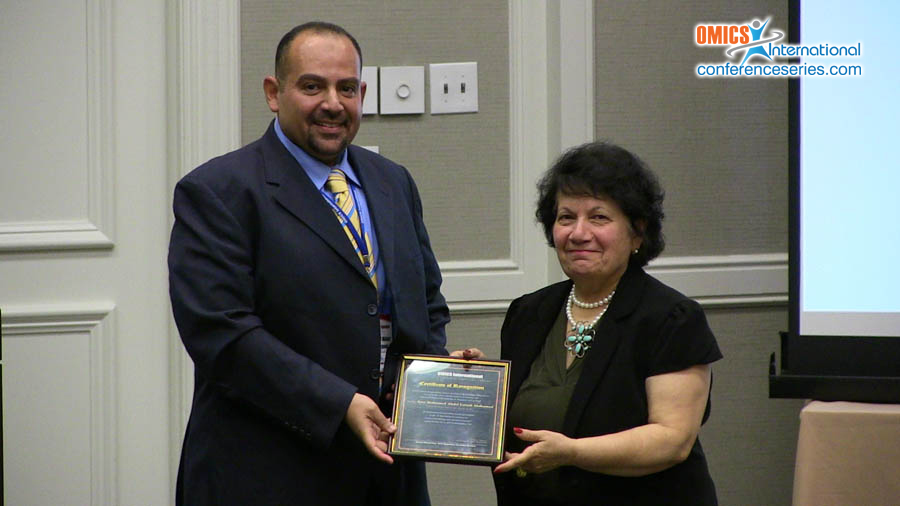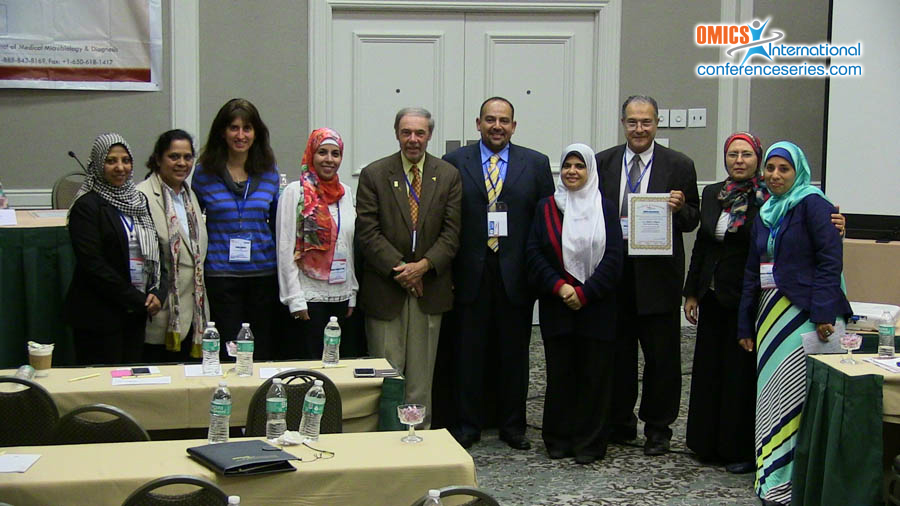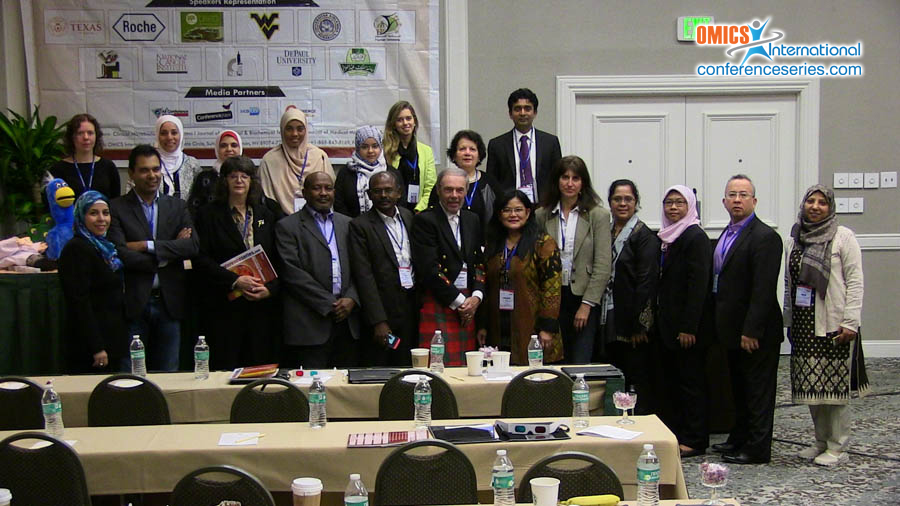
Amr M Mohamed
Umm Al-qura University, Saudi Arabia
Title: Title: In vitro characterization of five potential antigenic proteins that elicited specific immune reaction using pmbc from sensitized guinea pig models of both tuberculous and non-tuberculous mycobacterium species
Biography
Biography: Amr M Mohamed
Abstract
A replacement antigen for PPD that improve skin test specificity has been a long-standing research goal. Description of a new reagent – of either single or multiple antigens – to replace PPD remains challenging. In response, the current study attempted to fractionate home-made short term-culture filtrate (ST-CF) of Mycobacterium tuberculosis, using HPLC. All obtained fractions were subjected to in vitro evaluation of their antigenicity by both LPA and γ - INF assay using PMBC from guinea pig models sensitized by heat killed M. tuberculosis. Fractions that elicited positive antigenic reactions were analyzed for its protein contents using SDS-PAGE. Multi-protein fractions were re-fractionated using shallower gradient HPLC. Obtained proteins were re-subjected to in vitro evaluation of their antigenic specificity using PMBC from guinea pig models sensitized by both heat killed tuberculous Mycobacterium (M. tuberculosis and M. bovis) and non-tuberculous Mycobacterium (M. intercellularae, M. avium, M. kansasi and M. fortuitum). Five proteins that elicited variable degrees of specific antigenicity only against tuberculous Mycobacterium-sensitized PMBC were characterized. On SDS-PAGE analysis, selected proteins ranged between ~ 5 kDa up to ~30 KDa. N-terminus sequencing of these proteins were carried out by Edman degradation using automated Gas Phase Sequencing (GPS). Obtained sequences of the N-terminus of selected proteins were used for search analysis for related Mycobacterium proteins using NCBI-Protein Blast. At this stage we were able to define the ORFs of the genes coding those proteins and currently we are working on the cloning of these genes for mass production of corresponding proteins for further evaluation. The future plan is to use these proteins either individually or in different combinations for in vivo skin testing of guinea pig models.





